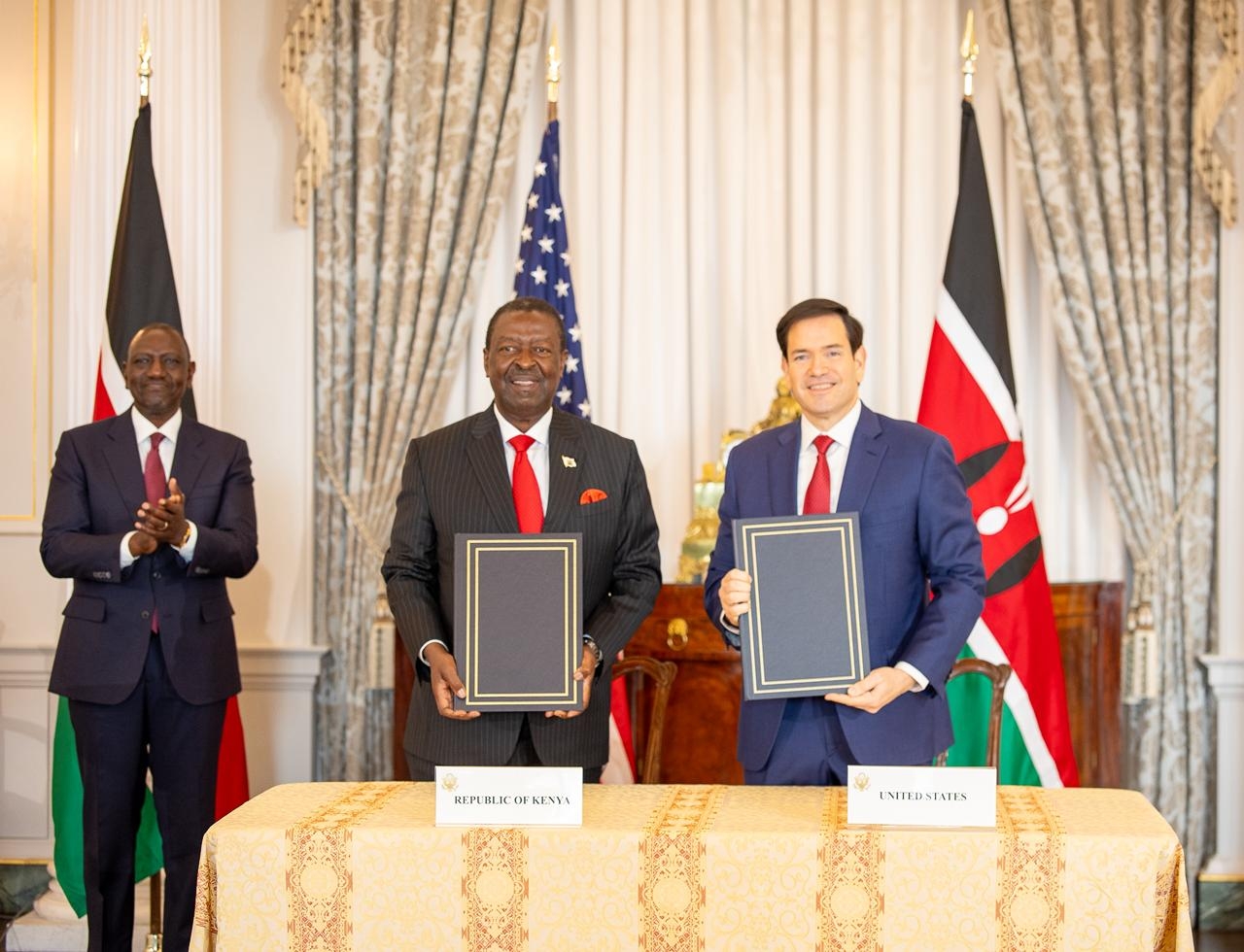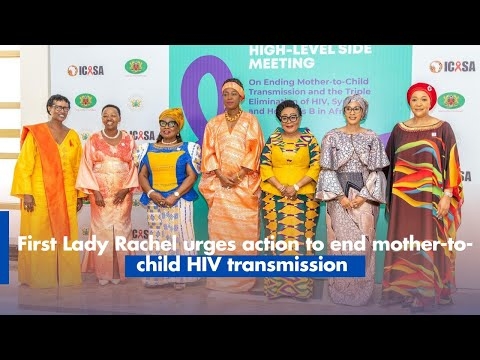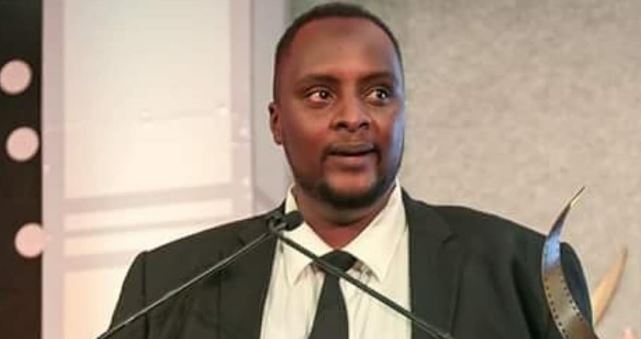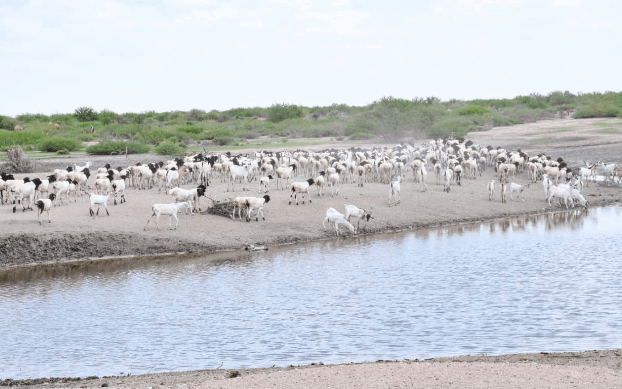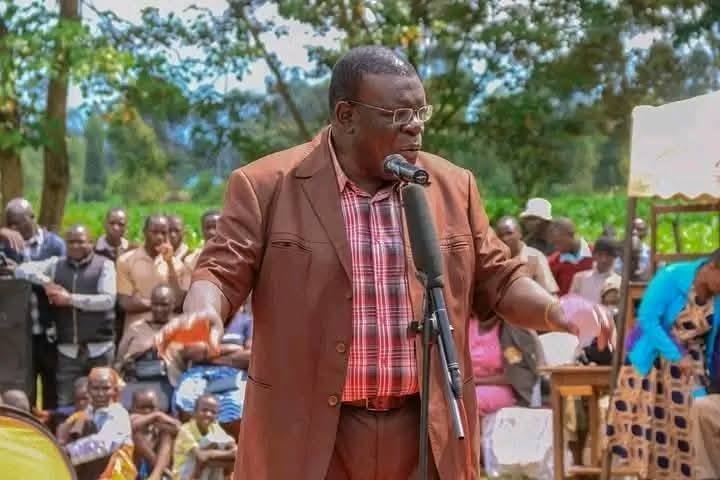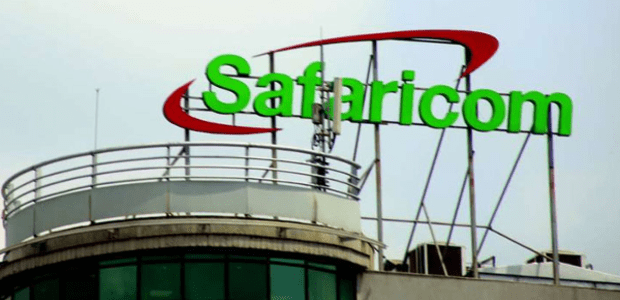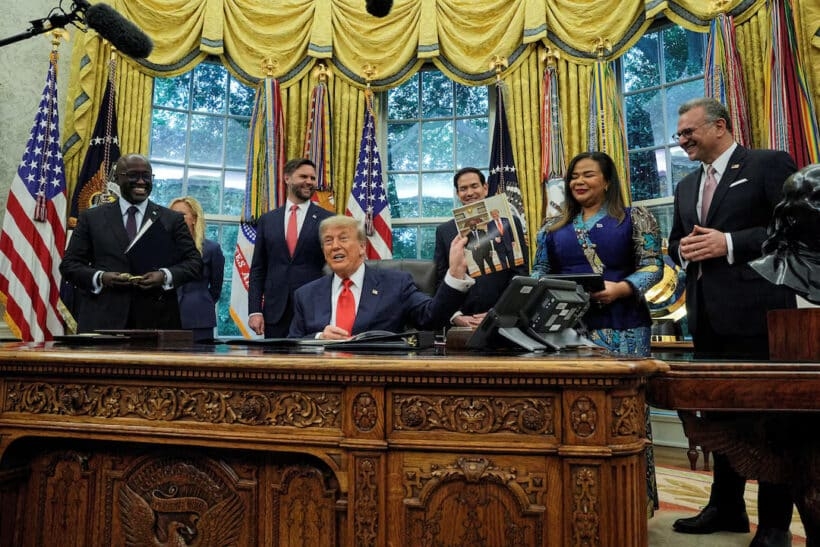Despite the popularity of the tissue culture banana, one farmer in Embu County still holds tenaciously to the indigenous banana.
To 63-year-old Luigina Mbiro Njuki, a former official with the Kenya National Bureau of Statistics, indigenous banana are much superior to tissue culture in her farm. Mbiro, from Gicheche village, harvests bananas from her one-acre piece of land weighing between 65kgs to 95kgs each.
She says that a full banana bunch fetches her between Sh1,000 and Sh1,500 in the market, with most buyers coming from Nairobi. “The income from sales of indigenous banana is three times more than I was earning from tissue culture bananas,” says Mbiro, a member and chairlady of Gichemwe Farmers Self-Help group.
In 2007, when the craze to replace indigenous banana with tissue culture, caught up in Embu, she planted tissue culture banana all over her land. Through Gichemwe Farmers, a local group for banana growers from Gicheche and Mwene Ndega Villages in Runyenjes Sub-county, she acquired tissue culture banana plants.
The production from her tissue bananas was good because a single tissue banana bunch weighed 45kgs. One kilogramme of banana was going for between Sh10 and Sh15.
“After three years, production from my tissue banana plummeted because a single bunch weighed a maximum of 40 kgs,” she says.
Her earnings from bananas were dismal compared to some members of the group who had planted indigenous banana.
“I felt demoralised after I realised my neighbours selling banana weighing between 65kgs,” says Mbiro.
She learned that her neighbour had planted the “Israel” variety of bananas which sold at a higher price in the same market.
Mbiro says that a single bunch of Israel banana earns farmers between Sh1000 and Sh1,500 in a temporary market organised in her homestead.
She decided to try indigenous banana at her farm in 2010. Mbiro had retired from KNBS in 2007.
“I saw the potential in the indigenous banana after I saw my group member selling banana with a lot of weight compared to mine,” she says.
She first replaced a small portion of the land with suckers of Israel variety. After one year, they began to produce, with the first bunch weighing 55kgs.
Within a two years, she had replaced all tissue culture banana plants.
Mbiro currently sells 3,000 and 4000 kgs of bananas monthly from her banana plantation.
Her group sells at least 15 tonnes of banana monthly to individual buyers from Nairobi.
She obtains healthy and clean suckers from her field. “I get sword sucker that grows at the lower banana stem because it is larger than water sucker that grow close to the soil surface” she says.
Mbiro adds that sword suckers produce faster based on the well-developed roots and base compared to water suckers.
She has spaced her banana plants well to eliminate competition and increase production.
“I make sure that banana plants are 10-12 feet apart to give enough space for manure and sunlight to get through,” she says.
Manure and sunlight contributes a lot to the weight of banana by supporting development and maturity of bananas.
Poor market and water shortage are her main challenges. Although market is not that good, she anticipates price improvement with the formation of Embu Banana Co-operative Society.
“I believe that price of 1kg of banana will fetch Sh25 in the market,” she says.


